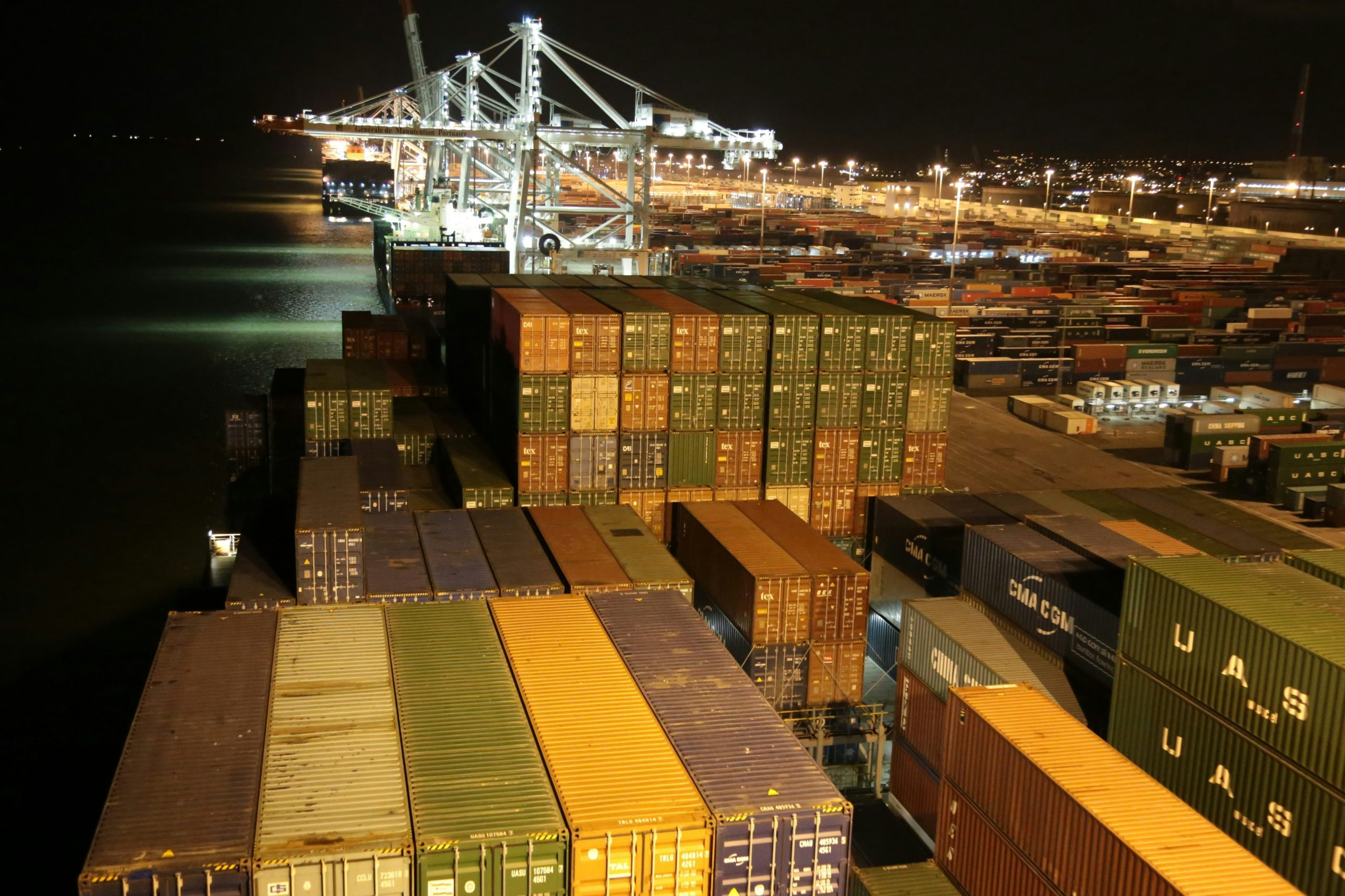Why Smart Loading Systems Change Logistics Forever
The logistics industry has undergone significant changes over the years, from manual loading and unloading of freight to the introduction of automated systems. However, the emergence of smart loading systems has revolutionized the logistics industry, making it more efficient, cost-effective, and faster. These systems use advanced technology to optimize loading and unloading processes, reducing the dependency on manual labor and streamlining logistics operations. In this article, we will explore why smart loading systems are set to change logistics forever.
The Inefficiencies of Traditional Loading Systems
Traditional loading systems require a considerable amount of manual labor and equipment, making the process slow and prone to errors. Loading and unloading of freight involve the use of forklifts, cranes, and other heavy machinery, which require trained operators. These machines also necessitate a lot of space and can only operate within a limited area, making it difficult to load and unload freight in congested or cramped areas.
The manual labor involved in traditional loading systems also makes it labor-intensive and expensive. The loading and unloading process can take hours or even days, leading to delays in delivery timelines and increased labor costs. Moreover, human errors can occur during the loading and unloading process, resulting in damaged goods and expensive re-work.
The Rise of Smart Loading Systems
The introduction of smart loading systems has transformed the traditional loading process. These systems use advanced technology such as sensors, machine learning, and robotics, to automate the loading and unloading process. The use of sensors allows these systems to detect and track freight, ensuring that it is loaded and unloaded in the correct order and location. This eliminates the need for human intervention, reducing the chances of errors and increasing efficiency.
Smart loading systems are also compact and can operate within confined spaces, making them ideal for use in congested areas. These systems use robotics to move freight within warehouses, eliminating the need for forklifts and other heavy machinery. This has not only reduced the physical strain on workers, but it has also helped to reduce labor costs.
Advantages of Smart Loading Systems
Increased Efficiency
The use of advanced technology in smart loading systems has significantly improved the efficiency of loading and unloading processes. These systems are capable of identifying the most optimal loading sequence, resulting in faster and more organized loading and unloading. As a result, logistics companies can reduce delivery timelines and handle more freight, leading to increased productivity and profitability.
Cost-effectiveness
The automation of loading and unloading processes has also made smart loading systems more cost-effective. The use of robotics eliminates the need for human labor, resulting in reduced labor costs. Moreover, these systems are equipped with sensors that detect damaged goods, reducing the chances of re-work and subsequent expenses.
Improved Safety
The use of machines and robotics has also improved the safety of the loading and unloading process. Workers no longer have to manually handle heavy and bulky freight, reducing the risk of injuries. Moreover, the accurate tracking and handling of freight by smart loading systems have reduced the chances of accidents and damaged goods.
The Future of Logistics with Smart Loading Systems
The implementation of smart loading systems has made logistics operations more efficient, cost-effective, and safer. As a result, more and more logistics companies are adopting these systems to remain competitive in the fast-paced industry. In the future, advancements in technology will only continue to improve the capabilities of smart loading systems, making them an indispensable element of the logistics industry.
In conclusion, smart loading systems have revolutionized the logistics industry. These systems have made loading and unloading processes faster, more organized, and cost-effective, reducing the dependency on manual labor. As more logistics companies embrace smart loading systems, we can expect to see a significant shift in the way goods are handled and moved, ultimately changing logistics forever.











